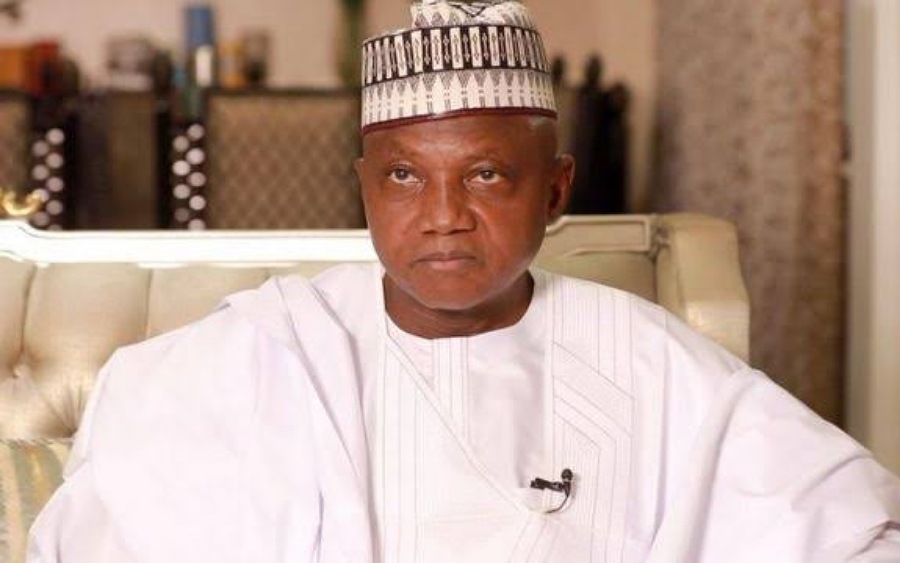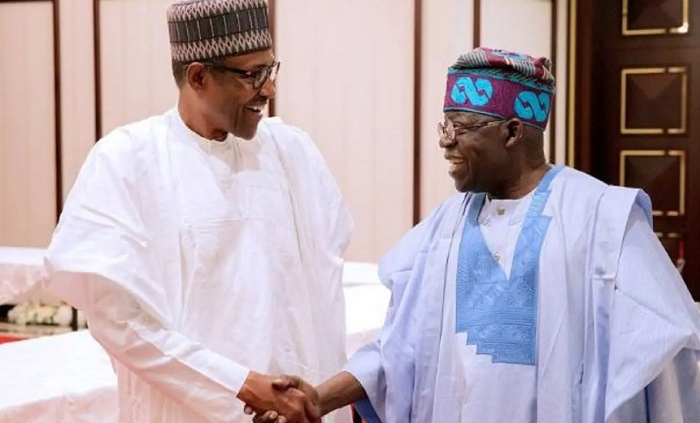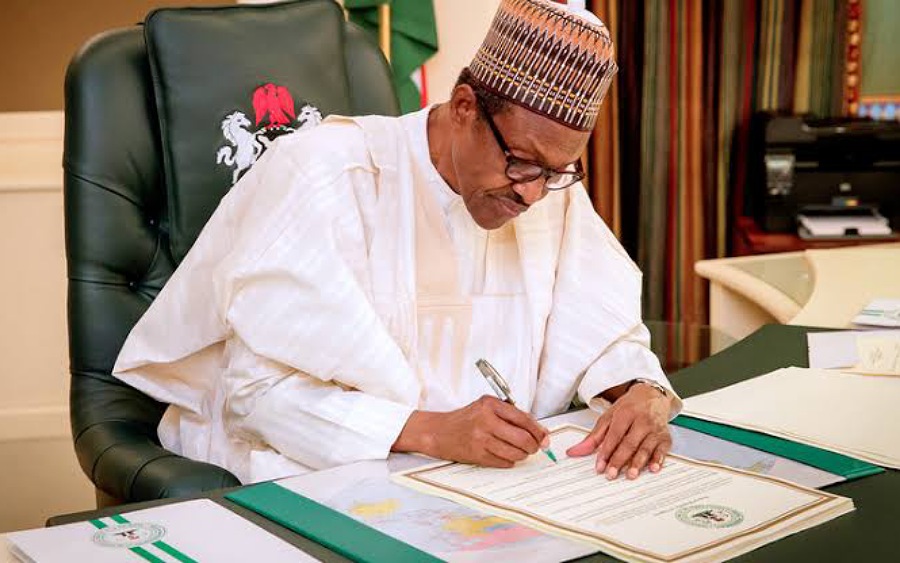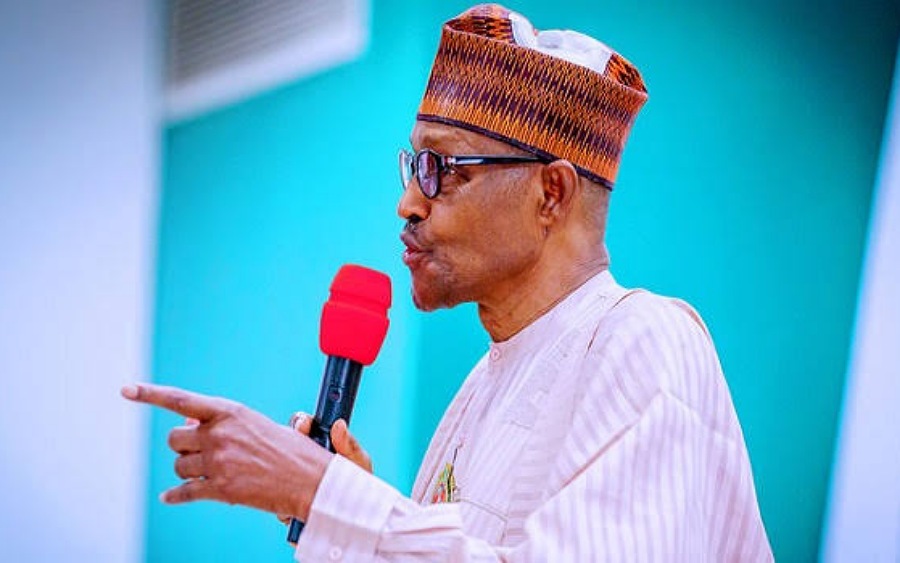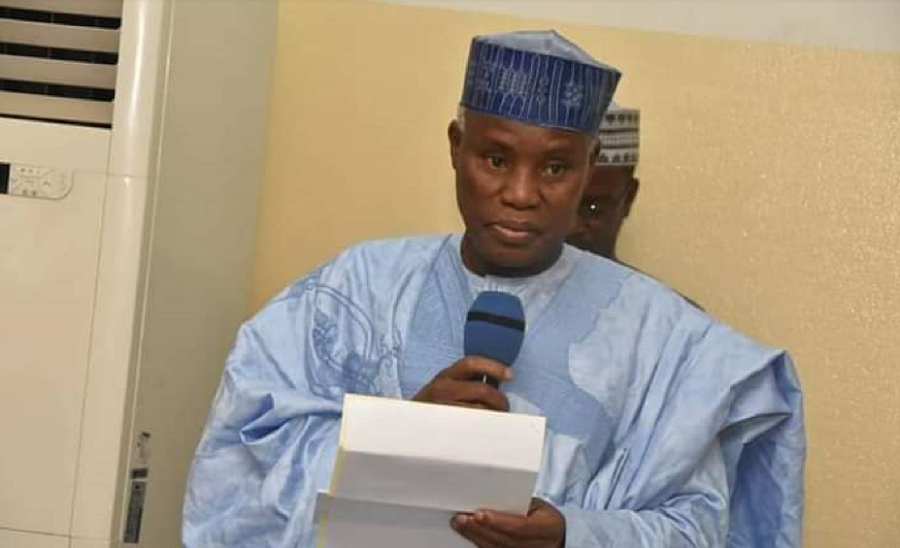The Office of the Nigerian President responded to a Financial Times article that attacked the FG’s progress on insecurity and the economy, insisting that Boko Haram does not control any territory in Nigeria even though when Buhari got into power, the terrorist group controlled an area the size of Belgium.
This was disclosed in an online statement by the President’s Senior Special Assistant on Media & Publicity, Garba Shehu on Sunday evening.
The Presidency totally condemned the article, “What is Nigeria’s Government For,” written by David Piling, and published on January 31, 2022, by the Financial Times.
Read: FG uncovers 96 financiers of Boko Haram, ISWAP, 123 companies, others linked to terrorism
What the Presidency is saying
According to the statement by the Presidency, Shehu rejected the foreign media platform’s report on the performance of President Muhammadu Buhari’s government.
He added that Financial Times leaves out security gains made by Buhari, adding that the terror organisation Boko Haram used to administer an area the size of Belgium at his inauguration, but now control no territory.
“The first comprehensive plan to deal with decades-old clashes between nomadic herders and sedentary farmers – experienced across the width of the Sahel – has been introduced: pilot ranches are reducing the competition for water and land that drove past tensions.”
He also added that banditry grew out of such clashes, citing that criminal gangs took advantage of the instability, flush with guns that flooded the region following the Western-triggered implosion of Libya.
Read: Alleged N20 million payment to bandits and what it means for Nigeria’s war against terrorism
In case you missed it
The Financial Times reported last month published an article titled “ What is Nigeria’s government good for”, where the writer, David Piling stated that, “Buhari has overseen two terms of economic slump, rising debt and a calamitous increase in kidnapping and banditry—the one thing you might have thought a former general could control. Familiar candidates to replace him, mostly recycled old men, are already counting their money ahead of a costly electoral marathon. It takes an estimated $2bn to get a president elected. Those who pay will expect to be paid back.
“Almost all the energy, drive and wealth creation in Nigeria happens outside government. New unregulated businesses in the booming tech sector, fashion, design and the creative arts are flourishing. Every day, tens of millions of Nigerians somehow get by, despite the efforts of those supposedly looking out for them” they added.

